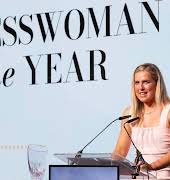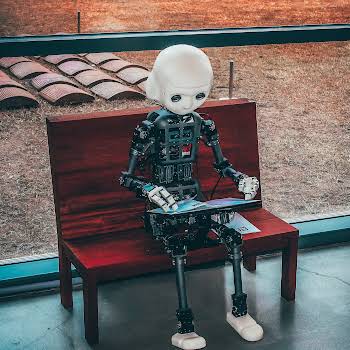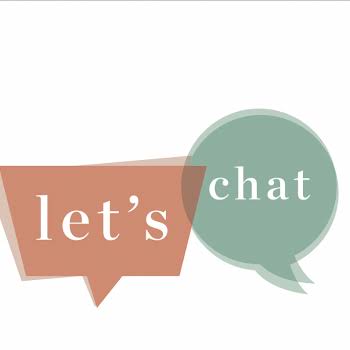By Geraldine Carton
29th Jun 2018
29th Jun 2018
I don’t know about you, but having a robot read me out the news headlines still gives me a kick every morning.
However, have you noticed how Microsoft’s Cortana, Amazon’s Alexa, Apple’s Siri and Google’s virtual assistants all have one thing in common? They are each programmed with a female voice. I can’t believe it took so long for me to take notice of this, but now that I have it’s a detail that has been weighing heavy on my mind.
“It’s because society finds the sound of a woman’s voice more soothing,” you might think, and you’d be right insofar as there are studies to prove that argument. However when you consider the historical connections, you’ll be reminded of how it’s women who have taken on the administrative jobs in the world; think librarians, secretaries and weatherwomen too. Now that robots are being anthropomorphized, the gender stereotypes are clearly carrying though – whether companies like to admit it or not.
As Stanford communications professor Clifford Nass states, “it’s a well-established phenomenon that the human brain is developed to like female voices”. This is a questionnable conclusion to make, especially when you consider the high level of vitriol that the female voice gets within the public sphere.
The people have spoken
It was just last week that sports ‘pundit’ James Cundy expressed his views about the female voice on Good Morning Britain. He dubbed it as too “pitchy”. So much so, that he felt it hindered the football match-watching experience. Insert eyeroll here.
The majority of female radio presenters (and most female public figures, for that matter) will have experienced similar instances in which their voices have been subject to abuse and critique. In fact, such is the level of complaints that Katie Mingle (producer of notable 99% Invisible podcast) receives in relation to her female reporters, that she had to create an automated email template in response. You might agree that it’s pretty fantastic.
Radio shero @katiemingle of 99% Invisible crafted a lovely auto reply for listeners complaining about women's voices pic.twitter.com/fLoVu5aTte
— Jenna Weiss-Berman (@WBJenna) July 11, 2015
So why, despite all it’s apparent flaws, does the female voice remain the one we choose for our virtual robo-slaves?
Battle of the (voices of the) sexes
Apparently, females are seen as more “warm, welcoming and nurturing than males”. That, plus we’re seen as being more willing to be told what to do.
According to a Stanford study, people prefer to hear a male voice when learning about computer programming. When it comes to an authoritative voice of reason and explanation of a complicated topic, we want the reassurance of a man. But when it comes to a robot that adheres to your every demand (insofar as it is capable) without any objection or complaint, there is a resounding preference for the female version. This provides a very unsettling comparison.
And what does this say about our society?
Virtual reality
Virtual assistants are entirely subservient. They don’t get angry when you abuse them, they don’t ask for breaks and certainly don’t require any level of kindness or humanity in your treatment towards them. They do what they’re told and exist purely to serve their master. “Siri! Tell me what time it is!” “Alexa! Order me an uber!” we bellow to our virtual slaves from across the room. I dream of the days whereby I can shout “Steve! Read me my schedule for today!” or “Bruce! Tell me what the weather’s like in Yemen! And make it snappy!”. Sorry if that makes me a ranty feminist, but there you go.
Feminist bots
Speaking of feminists – guess who identifies as one? Alexa (ask her and you’ll see what she says). This seems somewhat ridiculous considering her only job is to do exactly what other people tell her, which is hardly the marking of a feminist. In a time when women are demanding to have our voices heard, this is definitely not what we meant.
It’s worth mentioning that you can swap some of these AI’s voices to male, but how often do you hear people actually opting for it? Maybe it’s because they prefer the female voice, maybe they don’t realise that it’s even possible option to change the gender, or maybe it just feels too damn unnatural to hear a man adhering to your every request.
ICYMI: Here’s why your geeky awkwardness is actually a good thing























